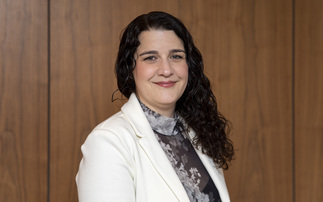The government has set the care funding cap at £75,000. Most have criticised the move in that the cap is too high to benefit the majority of private funders, nor does it take accommodation costs into account. What are your views and how will it affect your business?
Furthermore, the detailed regulations and guidance that will need to underpin these changes will make the system much more complex than the headline announcements lead the consumer to believe. There is already a huge lack of understanding as to how much care will cost and who will pay for it.
This new introduction of slicing out hotel costs and setting the ‘financial clock’ for the cap running at local authority rates for care funding, will make the whole process even more complex. It will make the need for good specialist advice even more important.
Importantly, the announcement does highlight that people will need to plan for their social care as part of overall financial planning. This approach will eliminate the worry of a potential catastrophic loss should high levels of care be needed in the future and planning for the cost of care will become a mainstream area of financial planning.
Advisers have a clear business opportunity to work within this growth market and develop a compelling proposition. Success in this, for both advisers and the consumer, is that the proposition is based on specialist demonstrable skills and expertise to enhance consumer confidence.
Liz Faye, senior care finance specialist, Palm Financial
It is a relief to see that care is now firmly fixed as a priority subject on the political agenda. The public needs to appreciate that the proposed £75,000 cap is only due to come into effect in 2017.
For somebody receiving nursing care, this four-year wait could cost in excess of £150,000, so families should access advice now to plan ahead.
In addition, it has not been made clear that this cap only covers care costs and that food and accommodation will be charged for separately.
With no cap on these charges, the costs can spiral out of control and before families realise it, there is no capital left. Some of our clients did not appreciate before seeking advice that they should not even be paying for their care and advice has helped them secure funding they are entitled to.
One thing that has not been made clear is how the cap will work with NHS systems. There are separate and distinct systems around this that need integrating.
As optimistic as I am, I do not think the cap announcement is even going to scratch the surface of the problem. It is good to have this to build on now but any bigger changes after this will not be made at least until the next government.
In late 2012 our firm launched care brand Carepal to specifically address the increasingly complex demands of advising within the care sector. This approach has been well received and we are now recruiting as the brand grows.








